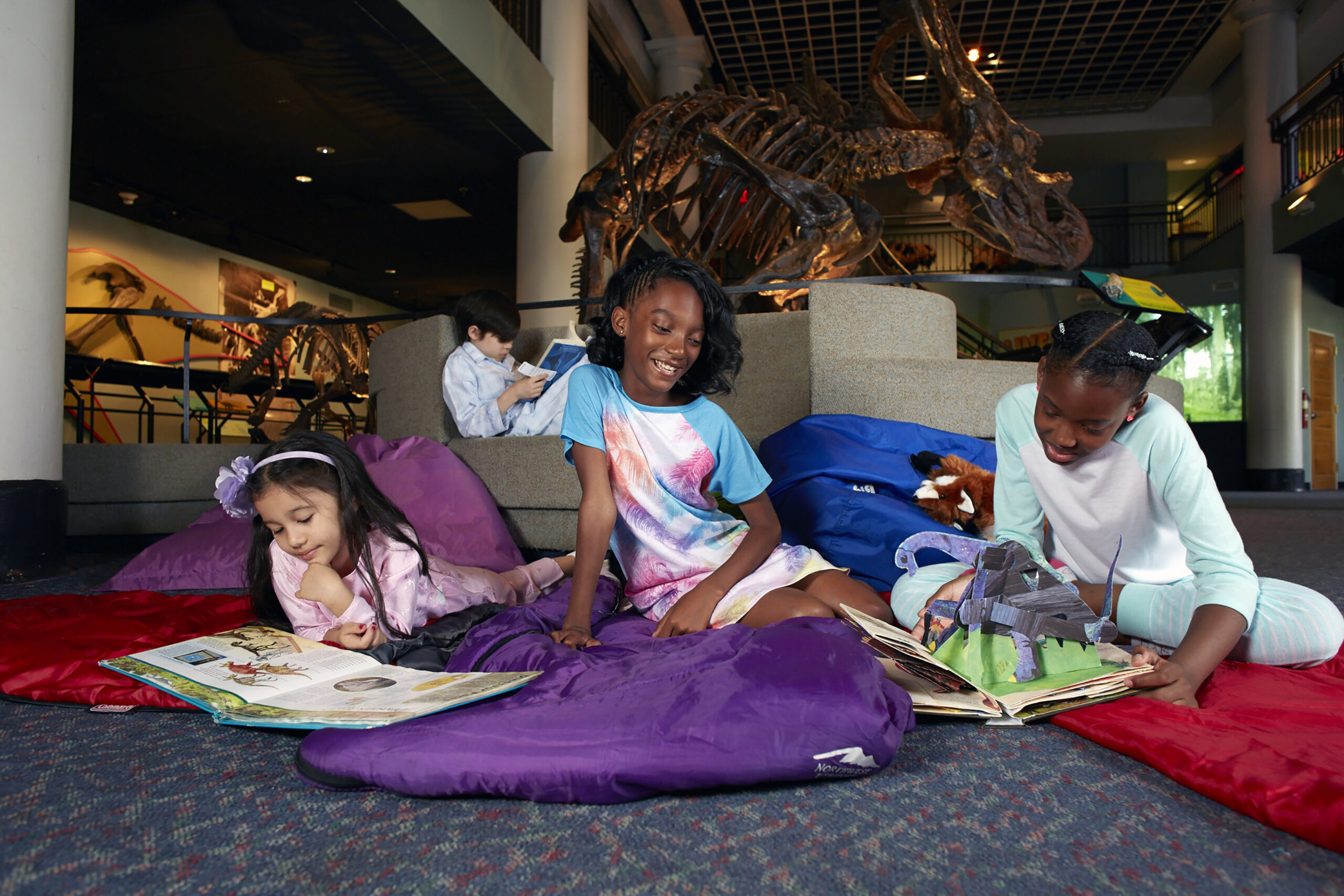A well-planned school field trip makes a topic of study come alive by connecting classroom concepts with real-world applications. Students retain information on the subject after a field trip, and they demonstrate a greater interest in learning more on their own.
Field trips are important for both academic and social reasons, and parents have a vital role to play. They can help enhance learning outcomes, address safety issues and ensure students have fun if they are properly prepared for their role. Here are some tips on how to ensure great field trip experiences.
Plan ahead
Don’t assume a parent knows what to do (or not do!) on a school field trip. Some parents may be chaperoning for the first time, while others may never have been given explicit instructions on past trips. Make sure parents know your expectations ahead of time.
Rochelle Dietz, a classroom teacher at Susquehanna Waldorf School in Marietta, PA, notes that, “Clear communication on my part and knowing what I need support with are critical factors. I’d also recommend that teachers not invite too many parents along as this can get very difficult with too many wishing to be leaders at the same time.”
“Before field trips I give the parents my phone number and get theirs; I give them emergency health information for the students assigned to them and explain the game plan for the day,” says Colette Smith Staab, an art teacher in the Pine Hill, NJ, school district. Staab finds the most challenging piece of the day to be rounding up the students and chaperones at the end of the day, so she reinforces the meet-up time repeatedly.
David Pragoff, school and group programs team leader for the Delaware Nature Society in Hockessin, DE, provides teachers with a sample letter to share with chaperones that outlines expectations for the field trip. He recommends that teachers remind parents to prepare for onsite conditions to the same extent as the students.
Enhance safety
Safety concerns may arise on field trips, but increased adult-to-child ratios can help, which is why it’s so important that parents volunteer to chaperone field trips. Ask chaperones to do the following to help keep students safe:
- Emphasize to each child that he must stay with the group.
- Have students go to the restroom with a buddy.
Remember online safety, too, while on a field trip. Gwen Alyssa, 4th-grade teacher in the Springfield School District, Springfield, PA, cautions teachers to prevent “parents posting photos to social media during the trip without asking if any of the students are on the do-not-photograph list.” Be proactive and encourage parents to send any photos they take directly to you first so you can determine which, if any, are safe to share with others.
Make it fun & educational
Chaperones can help boost the fun and learning factors on field trips and avoid behavior issues by keeping students engaged.
Pragoff recommends that teachers fill in parents on the learning objectives they have for their students so chaperones can support those objectives. He cautions, though that parents should be on hand to listen and assist where needed but not take over from onsite instructors.
Overall, Pragoff notes, “A field trip is part of a school day, just in a larger classroom. Everyone should be safe, have fun and learn something. Parents, too!”
Laura Reagan-Porras is a parenting journalist and parenting coach with two daughters who love field trips. She can be reached at www.heart2heartparents.com.







